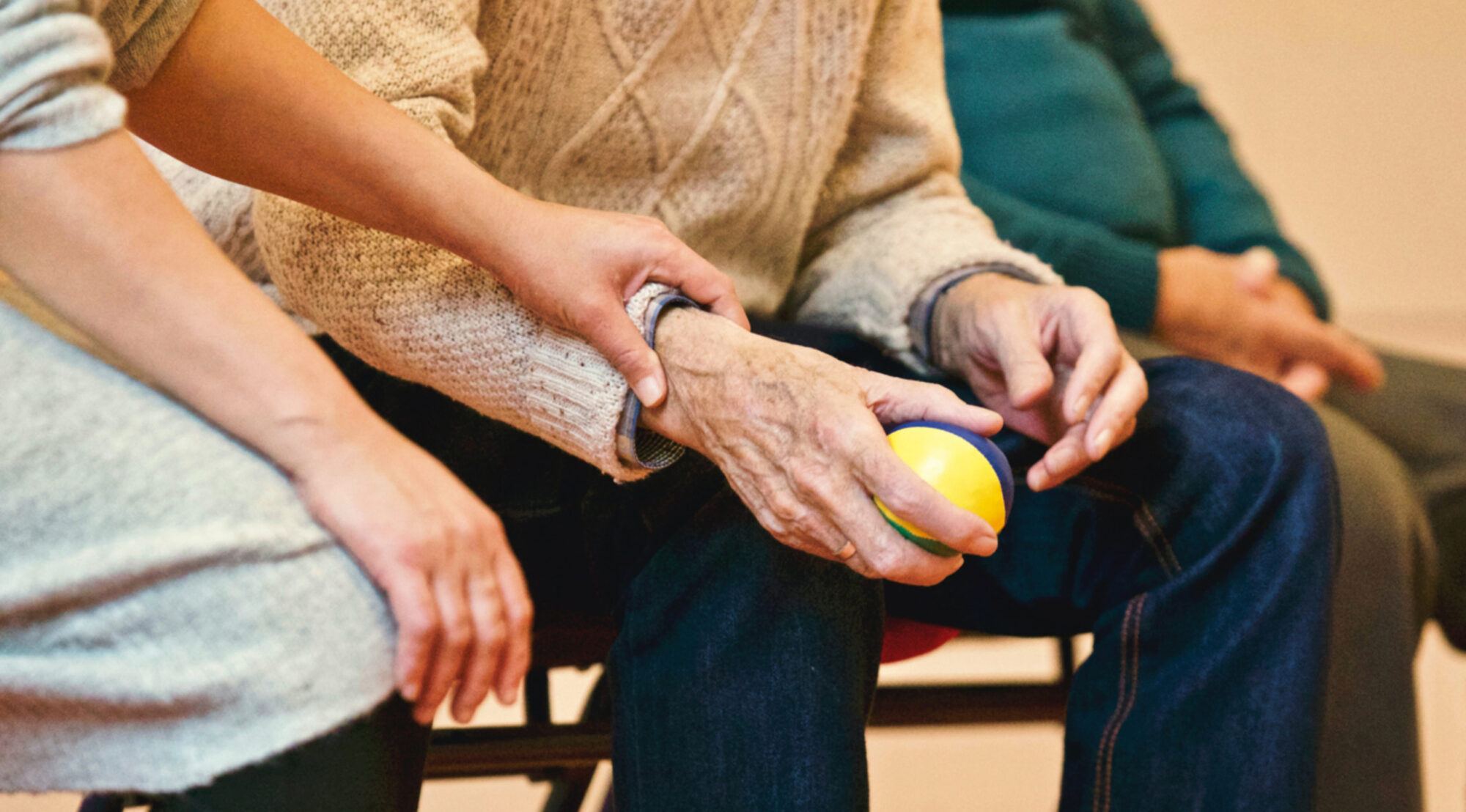KOFF’s ongoing project with cfd and PWAG taps into the notion of participation behind UNSCR 1325. It has been widely noted that this often boils down to counting women instead of making them count. This is what we aim to change!
At the heart of the resolution were women from the Global South, who were not only affected by conflict but felt alienated by how international diplomacy tended to settle them. It was blind to de facto peacebuilding done by women. Women were and still are today, the predominant civilian actors, who in the middle of war seek non-violent means and build dialogue across entrenched divisions. They are the ones who in the most adverse circumstances still find ingenious ways to feed their family. All of this is care-work. For care encompasses the daily chores to the emotional labor of empathizing and de-escalating. But as with un(der)paid care-work in peaceful contexts, in violent conflict it is made invisible. That way it remains unacknowledged that this care-work lays the very foundation of our sense of security. We are inherently relational beings. None of us could step out there every morning if it were not for the care we are discreetly given. It is what enables us. It is also what enables surviving, settling conflicts, and reconciling divided communities.
As such, we do not stop at participation of women equaling having a quota of women at the table. We take the anniversary to ask for more. We want women to be recognized for the participation in peace processes that they are already very much doing based on their relentless care-work. From this vantage point, their seat at the table is the very least. What would take the resolution further is to recognize care-work for the labor and contribution it is and to therefore also see it as a burden that has to be equally distributed. Building sustainable peaceful societies must thus mean to both insist on budgets that nationalize part of the care responsibilities, and to have policies that engage men in care-work. Focusing exclusively on women’s “empowerment” will fall short of the challenge.
Lastly and very importantly, recognizing female care-work as the provision of basic security will allow us to finally re-connect UNSCR 1325 to domestic politics. The Global North, including Switzerland, have comfortably interpreted the resolution’s relevance only in foreign policy terms. This not only reifies problematic international power asymmetries. Crucially, it obliterates the existence of violence and exclusion within those countries, as if it stopped at national – or European for that matter – borders. In Switzerland, where every two weeks a femicide takes place, where one in five women has experienced sexualized violence, and where women were at the forefront of providing the care to carry us over the COVID pandemic, yet were disproportionally under-represented in the corresponding key decision-making processes, UNSCR 1325 very much has domestic pertinence.


